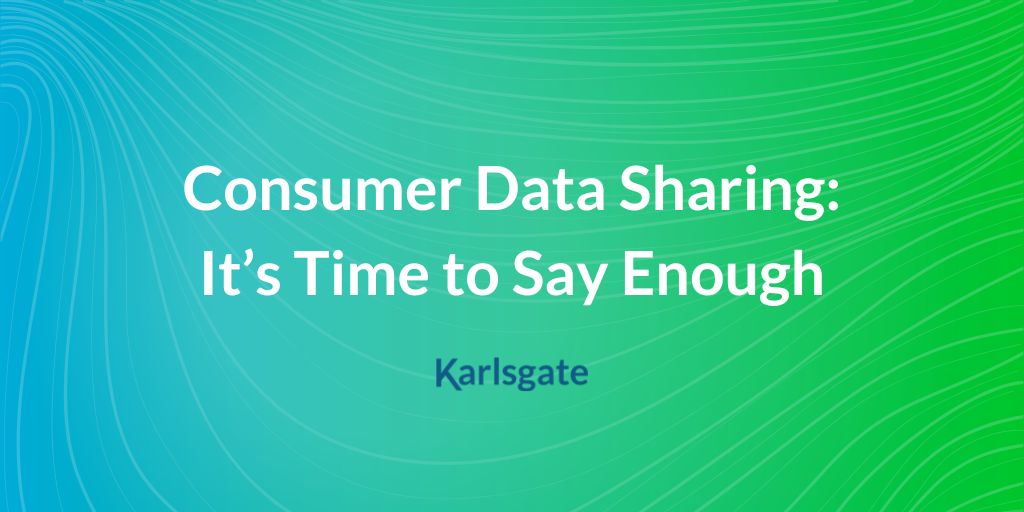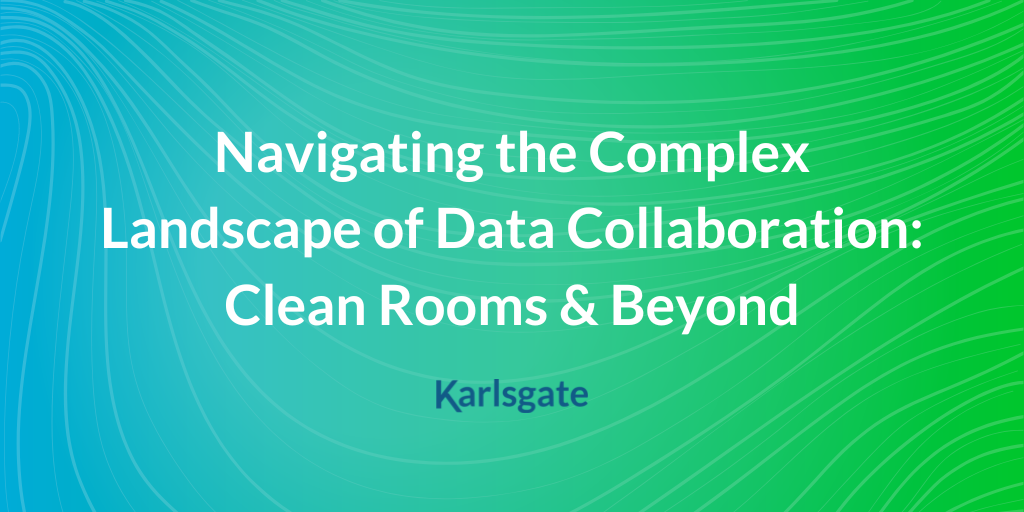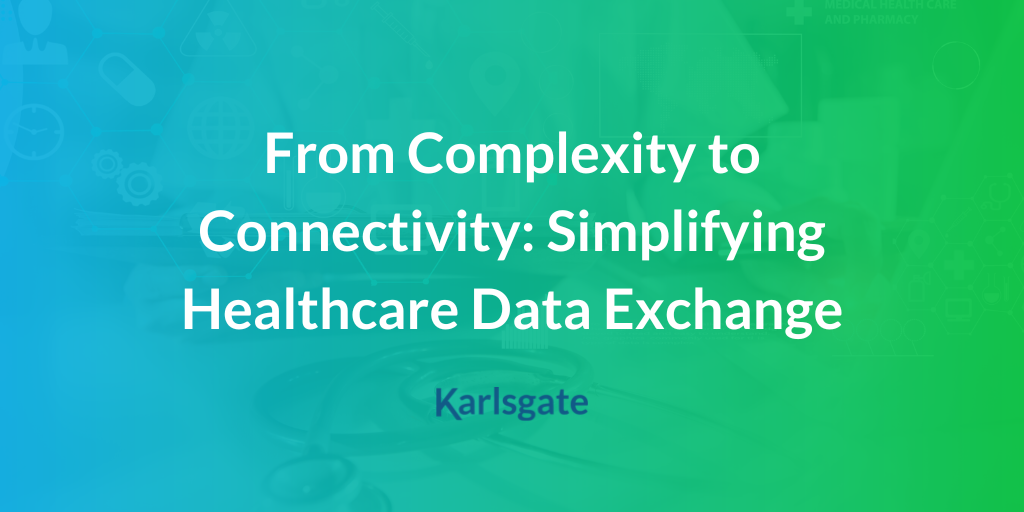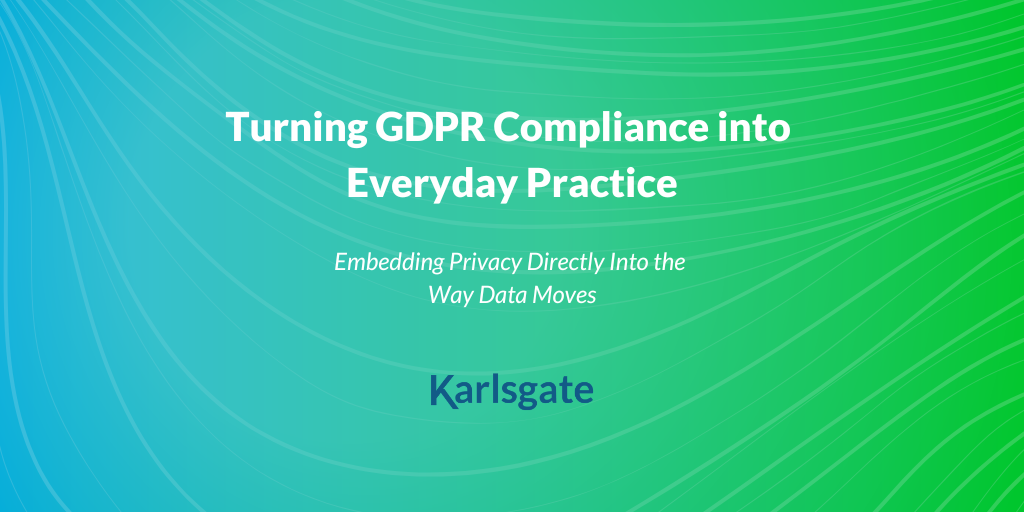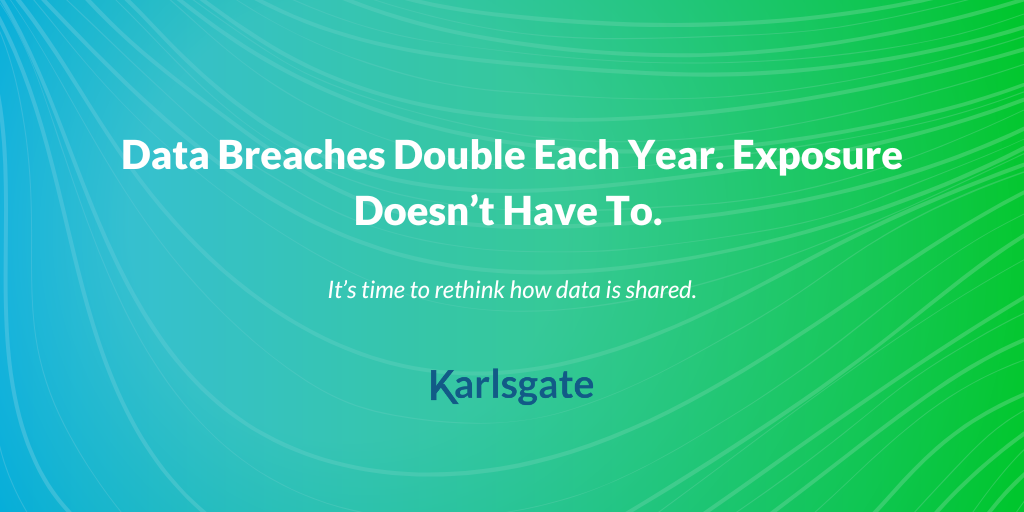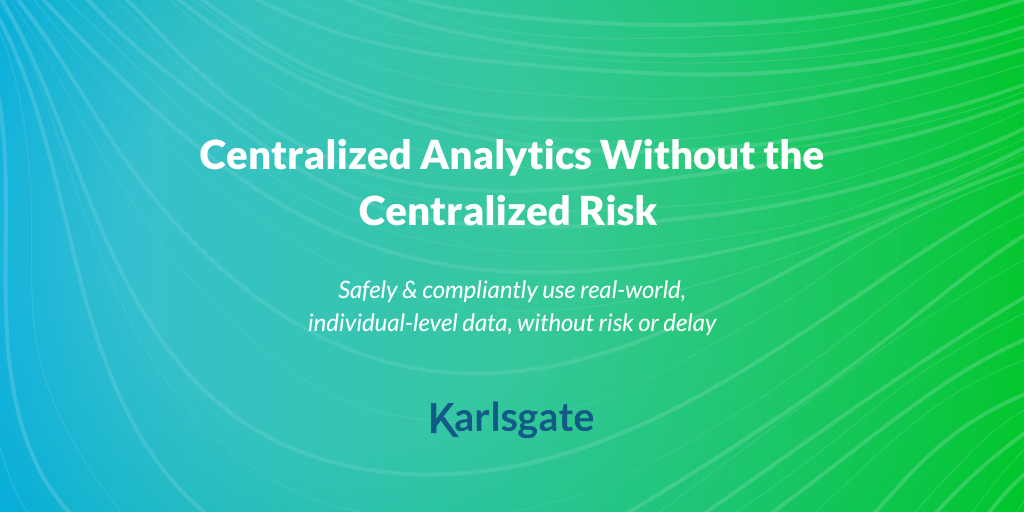We need to add secure connectivity for our first-party data strategy After decades of working in the consumer data industry, I became convinced that sharing Personally Identifiable Information (PII)...
In today’s data-driven world, businesses are increasingly realizing that their first-party data is not just a byproduct of operations, but a valuable resource with significant potential. Across industries—from retail to healthcare and beyond—data has evolved into a critical business asset that can drive revenue, spark innovation, deliver improved outcomes, and enhance customer experiences.
Yet, even as the potential for data monetization grows, many organizations face a fundamental tension: How do you capitalize on your data while protecting it as a valuable asset? Balancing the desire to unlock new revenue streams through data commercialization with the need to safeguard sensitive information is a challenge facing businesses across the board.
Data as Both Asset and Opportunity
The allure of data monetization is undeniable. Businesses are keen to unlock new streams of revenue by harnessing their first-party data for partnerships, customer personalization, and strategic decision-making. Industries such as retail media, telecommunications, healthcare, and even automotive sectors have been leading the charge in data monetization, each driven by specific motivations:
- Revenue Growth: First-party data offers businesses the opportunity to derive new income by sharing insights with trusted partners. In many cases, this can be as straightforward as offering personalized marketing opportunities based on consumer behavior or collaborating on research to develop new products.
- Enhanced Customer Experience: Data allows businesses to better understand their customers, enabling more personalized and targeted experiences that increase loyalty and engagement. Brands in retail and e-commerce use data to anticipate customer needs, improving retention while driving sales.
- Competitive Advantage: Companies that effectively leverage their data can outperform competitors by responding more quickly to market trends and developing innovative products. Data-driven insights can inform strategy, improve decision-making, and ensure businesses stay ahead of the curve.
However, with great value comes great responsibility. As businesses increasingly see data as a cornerstone of their operations, the need to protect it becomes paramount.
The Conflict: Protecting a Valuable Asset vs. Monetizing It
While businesses are eager to extract value from their data, many also view it as a proprietary asset—one that they don’t want to lose control over or see misused by others. There’s a growing recognition that while data monetization is important, so too is maintaining control over who has access to it.
This creates an inherent conflict. Sharing data for monetization purposes can expose it to external partners, potentially diluting its value or giving competitors an unwanted edge. In industries like healthcare or financial services, this tension is particularly pronounced: while data can drive innovation and improve services, it must be carefully guarded to maintain its competitive advantage, comply with regulations, and protect the trust of customers or patients.
- Ownership and Control: Data is often treated as proprietary knowledge, providing businesses with insights that give them a competitive edge. Companies are understandably cautious about sharing it, as it can be replicated or misused in ways that undermine its strategic value. Compliance with data protection laws further necessitates that organizations tread carefully to ensure that their data practices align with legal standards while maximizing the potential.
- Risk of Devaluation: When data is too widely shared or commercialized, there’s a risk that its value will erode. The more accessible data becomes, the less exclusive its insights, which can reduce its impact and marketability.
Balancing the need to protect data with the desire to monetize is a delicate act, one that requires thoughtful strategies and the right technologies.
Balancing Monetization with Protection
So how can businesses successfully monetize their data while protecting it as a precious asset? The key lies in finding the right balance between commercialization and control. This is where Privacy-Enhancing Technologies (PETs) can come into play. PETs can allow businesses to share insights or data in ways that protect sensitive information—such as Personally Identifiable Information (PII)—ensuring privacy even as the data is commercialized and allowing organizations to unlock the value of their data without exposing it to unnecessary risk.
To successfully commercialize data at scale, it’s essential to implement Privacy-Enhancing Technologies (PETs) that are not only effective but also scalable. Organizations must prioritize PETs that can grow with their data needs, as not all technologies can adapt to increasing complexity. By leveraging the right PETs, businesses can streamline their data operations, ensuring security and efficiency while protecting their valuable assets. This strategic choice empowers organizations to confidently share insights with partners and maximize the monetization potential of their first-party data.
Looking Ahead
The race to monetize first-party data is well underway across industries. Retailers are capitalizing on customer insights to boost personalized marketing, while financial services firms use consumer data to conduct identity checks, such as KYC or screening against sanctions lists, ensuring compliance and reducing fraud. Yet, in both sectors, the challenge of scaling operations while protecting sensitive information is undeniable. Privacy-Enhancing Technologies (PETs) are no longer just an option—they’re a necessity.
The urgency to act has never been greater. Businesses that can balance the need for data monetization with rigorous protection measures will gain a significant competitive edge. Those who hesitate risk not only regulatory penalties but also the erosion of trust and the devaluation of their most important asset: data.
In a world where data is knowledge, and knowledge is power, the right technologies will ensure your organization can grow confidently and securely, unlocking the full potential of your data without compromise. The time to solve this challenge is now, and the right strategy will determine who thrives in the data-driven future.
About Karlsgate
For executive leaders concerned about balancing data security with the demand for data across all facets of the business, Karlsgate offers a robust, easy-to-implement solution. Protect your data from risks and breaches while seamlessly accessing it for critical initiatives. Secure and maximize your data's potential with Karlsgate. https://karlsgate.com/

